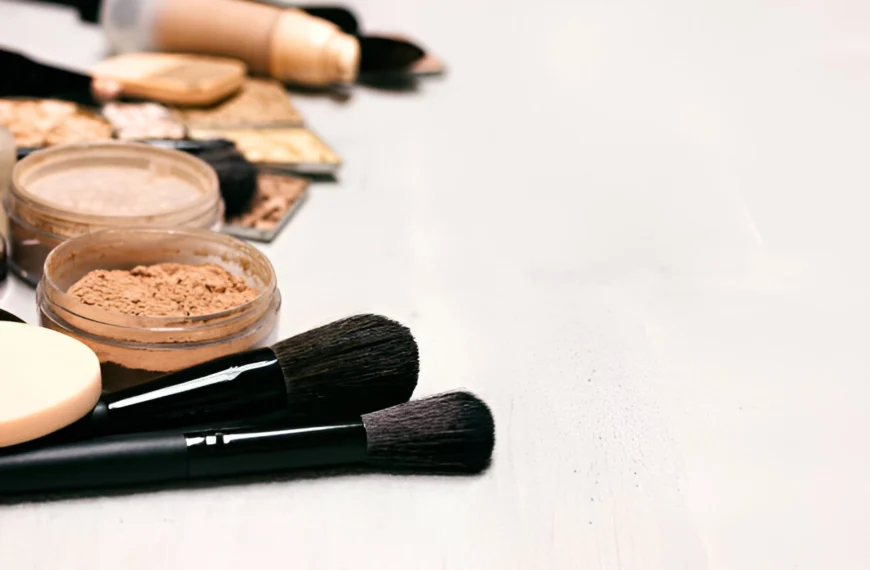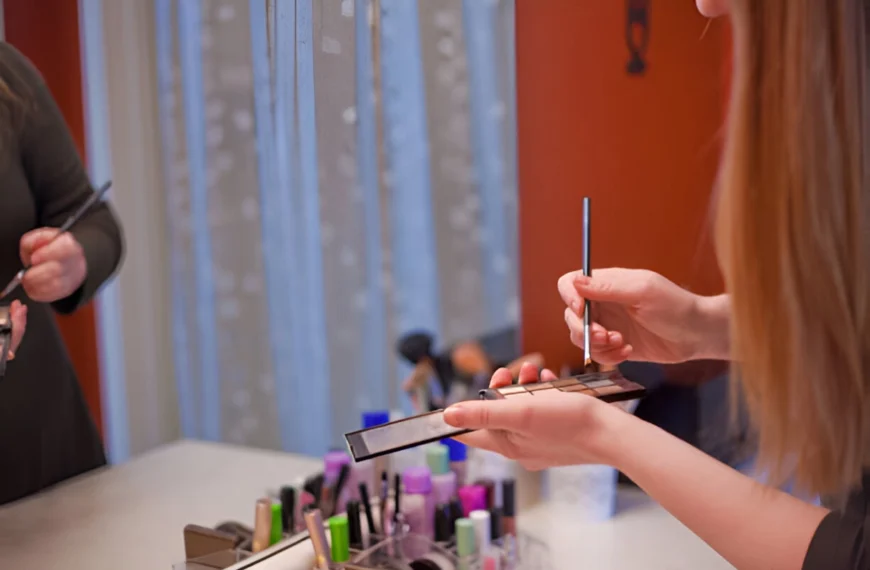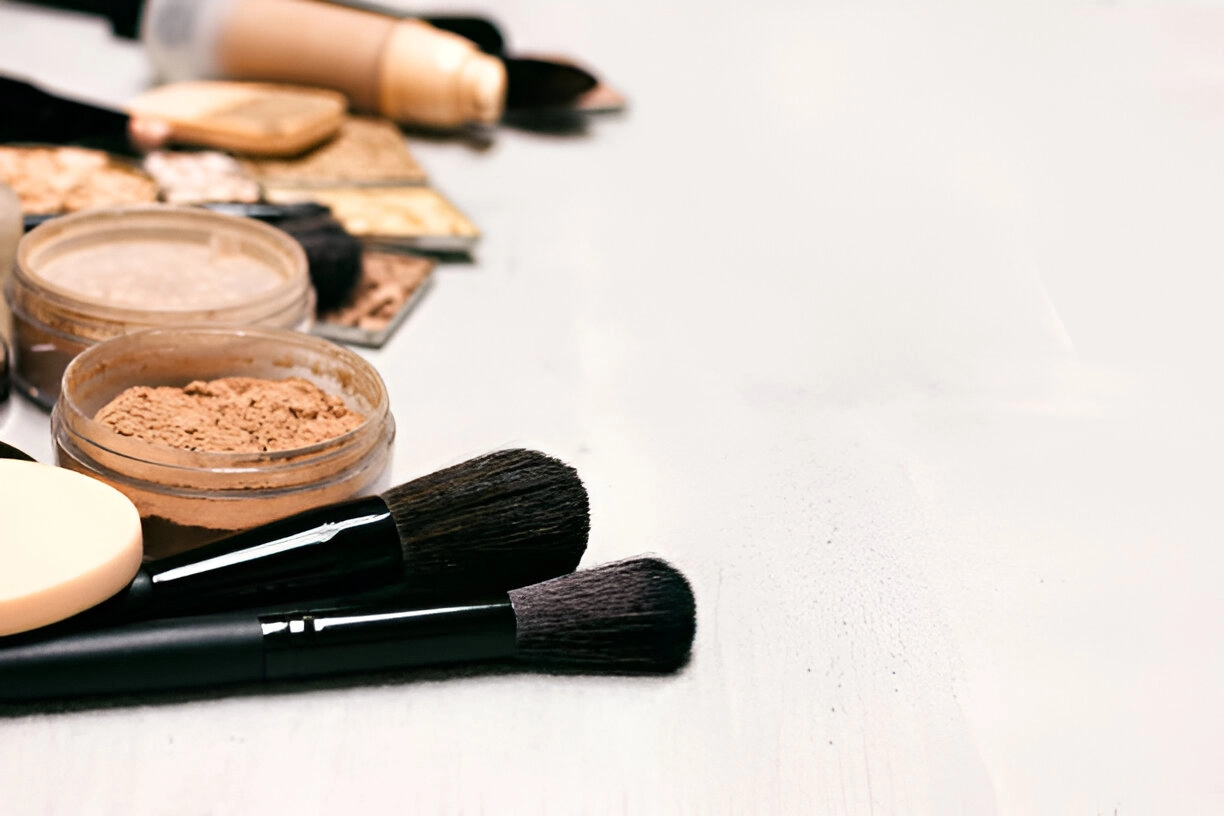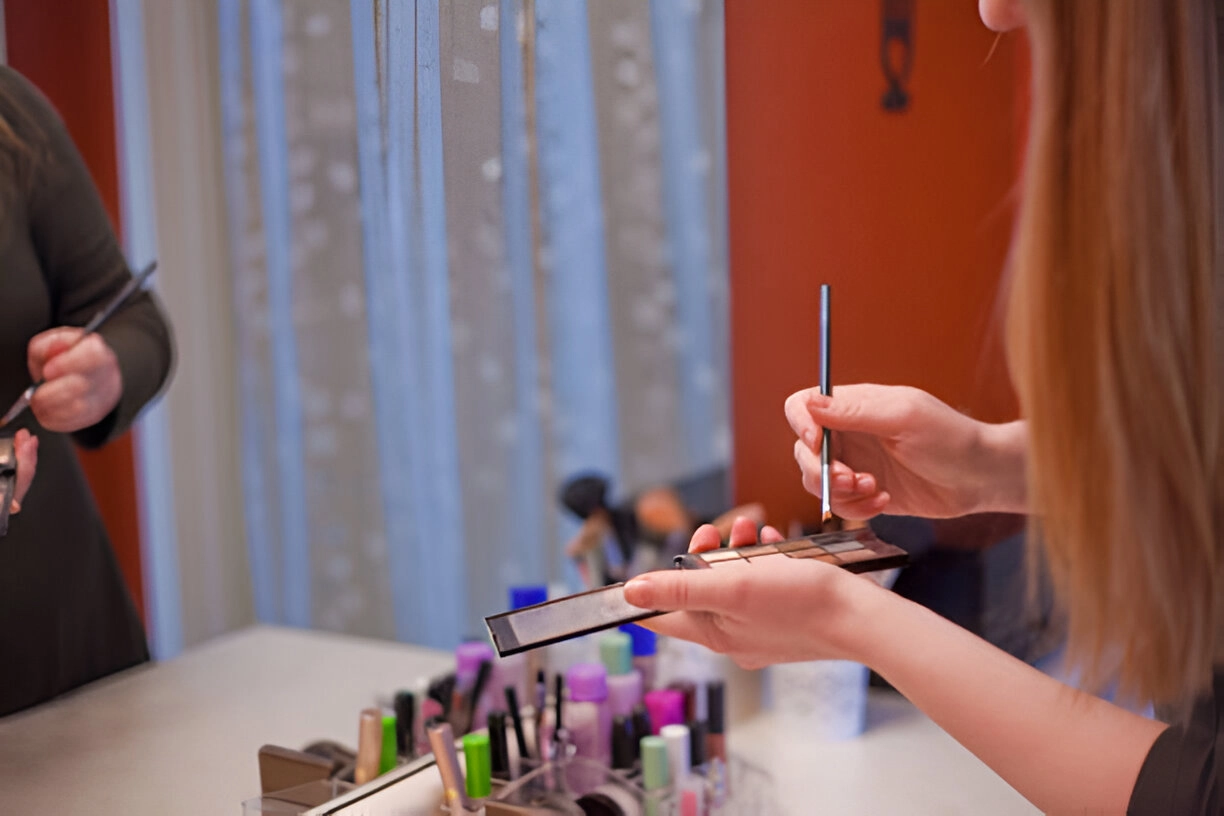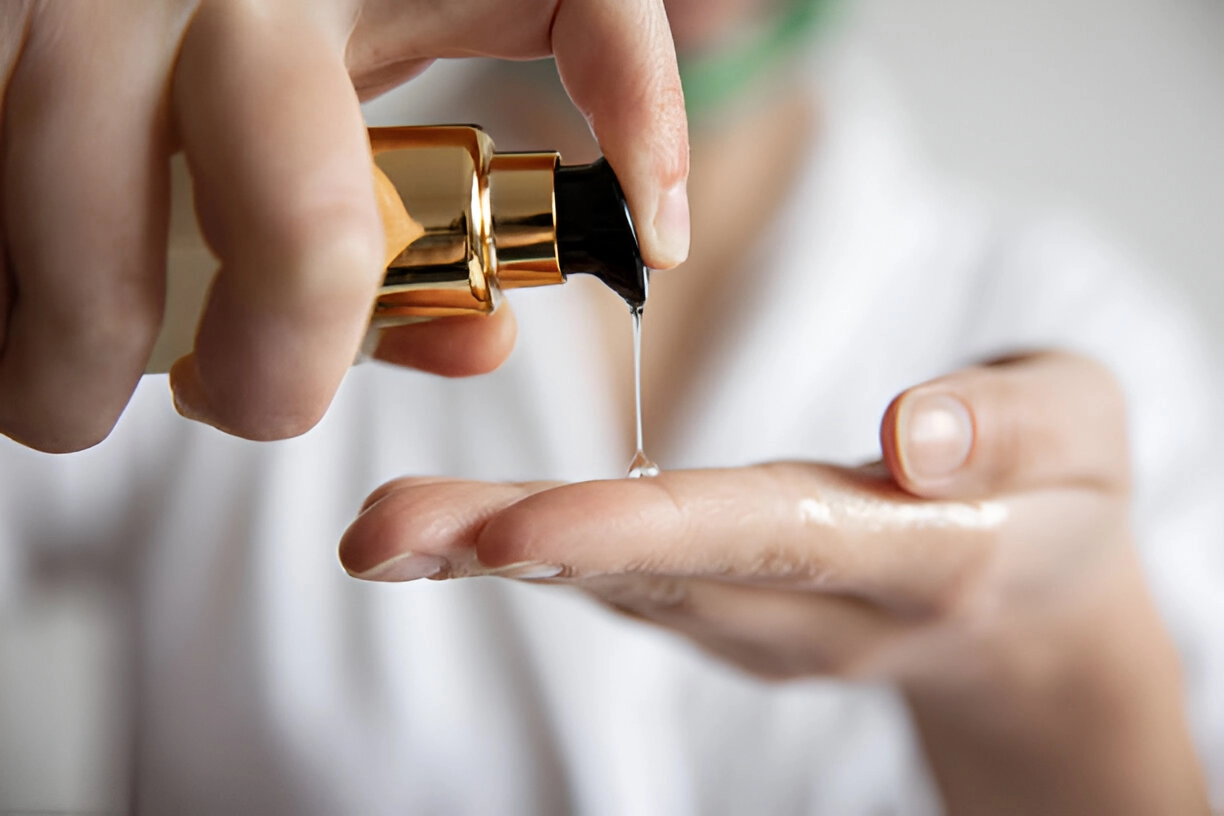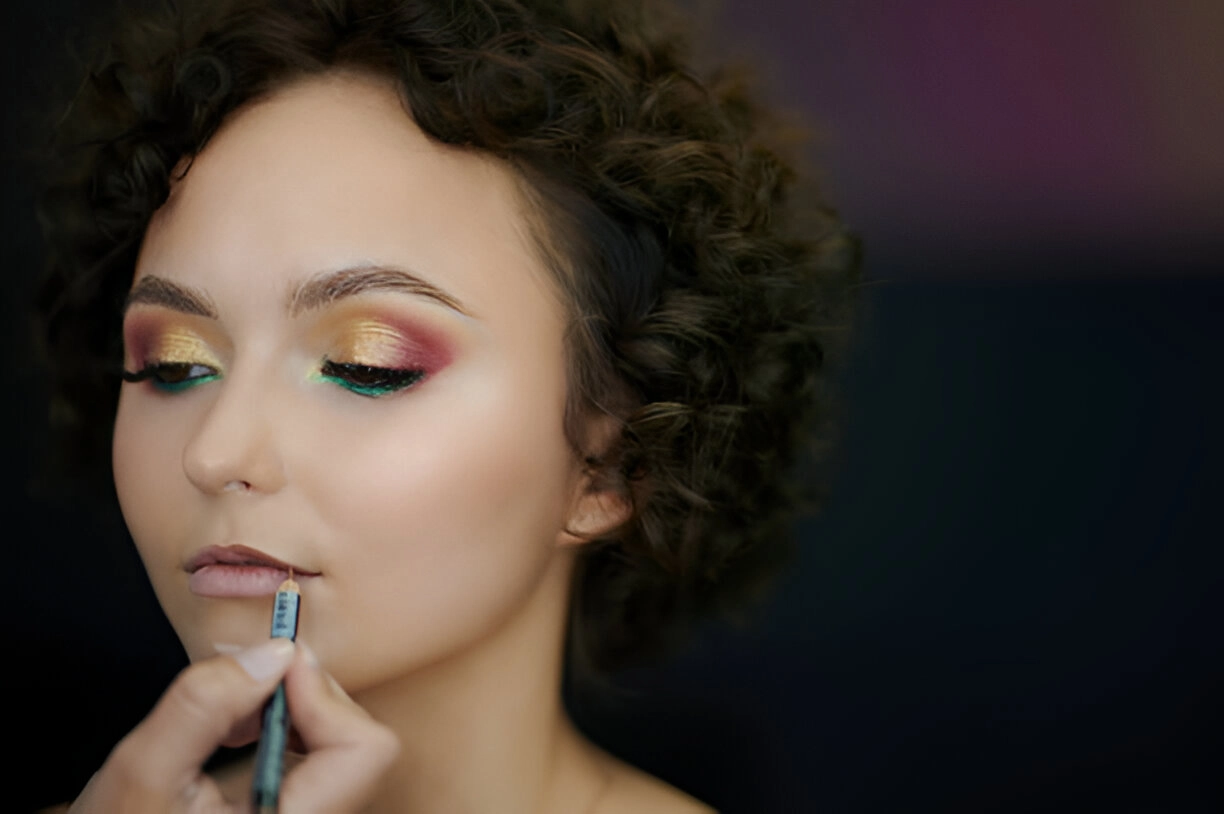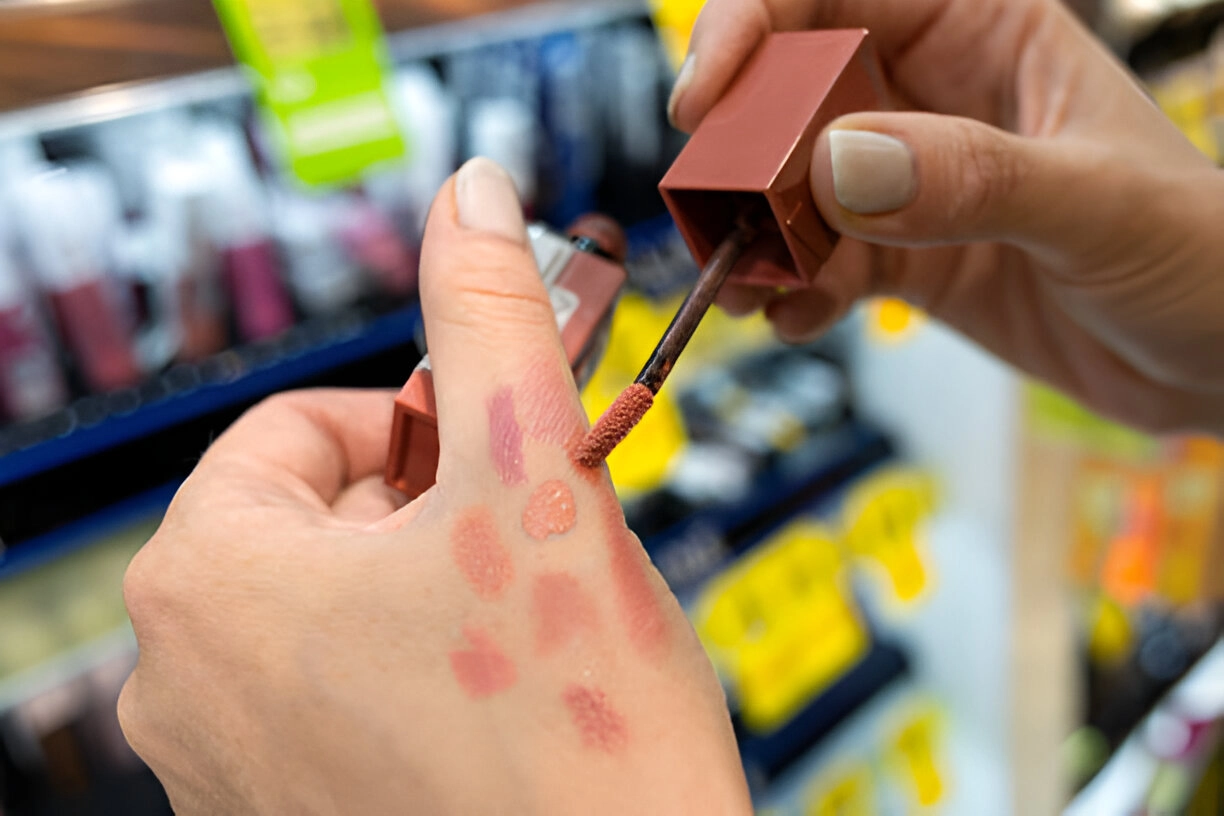Skincare isn’t just about what you slather on your face. Think of your skin as a reflection of what’s happening inside your body. This means that sometimes, serums and creams can only do so much. For real, noticeable changes, you might need to look at skincare supplements.
But where do you start? With so many options promising radiant skin, it can feel like being lost in a skincare jungle. Don’t worry—we’ll sort it all out for you.
Understanding Skincare Supplements
At their core, skincare supplements are about filling in the gaps. Your diet might not always give your skin everything it needs, and that’s where these little power-packed capsules or powders come in. They’re like reinforcements for your skin’s natural defenses, targeting issues from the inside out. Think of them as skincare’s secret weapon—quietly working behind the scenes.
But let’s clear something up: supplements aren’t magical cures. They’re not replacing your cleanser, sunscreen, or moisturizer. Instead, they work alongside them, giving your skin a solid foundation to thrive.
Key Nutrients for Skin Health
Certain nutrients are absolute rock stars when it comes to skin. Let’s break them down:
| Nutrient | What It Does | Where to Find It Naturally |
|---|---|---|
| Vitamin A | Promotes cell turnover, fights acne. | Carrots, sweet potatoes, spinach. |
| Vitamin C | Boosts collagen and brightens skin tone. | Oranges, bell peppers, strawberries. |
| Vitamin E | Fights free radicals, keeps skin barrier strong. | Nuts, seeds, avocados. |
| Zinc | Helps with wound healing and reducing redness. | Oysters, beans, pumpkin seeds. |
| Collagen Peptides | Keeps skin firm and elastic. | Bone broth, fish skin. |
| Omega-3 Fatty Acids | Soothes inflammation and keeps skin hydrated. | Salmon, walnuts, flaxseeds. |
Why are these nutrients important? Because your skin craves them. Without them, it’s like trying to bake a cake without flour or sugar—good luck with that.
Common Types of Skincare Supplements
The market is buzzing with options. Here’s a closer look at what’s available:
1. Multivitamins
Great for beginners. These are the all-rounders, giving you a bit of everything your skin needs. Look for ones with vitamins A, C, E, and zinc for a solid start.
2. Collagen Supplements
Collagen is what keeps your skin looking plump and youthful. As you age, your natural collagen levels drop (fun, right?). Supplementing with collagen peptides can help bring back some of that bounce.
3. Antioxidant Blends
These are the skin’s bodyguards. They fend off environmental damage, like pollution and UV rays, which can cause wrinkles and dullness.
4. Probiotics
Think of these as gut-cleaning superheroes. A healthy gut often translates to clearer skin. If breakouts are your nemesis, probiotics might just save the day.
5. Omega-3s
If dryness or inflammation is your main concern, omega-3s are your best friend. They work to lock in moisture and calm irritated skin.
Assessing Your Skin’s Needs
Before rushing out to buy the latest trending supplement, take a step back. Your skin is like a puzzle, and not everyone’s pieces are the same. Here’s how to figure out what you might need:
- Acne-prone skin? Look for zinc or probiotics.
- Dry or aging skin? Collagen and omega-3s are winners.
- Dull skin? Vitamin C and antioxidants can brighten things up.
Pro tip: Check your diet first. If you’re already eating a lot of vitamin-rich foods, you might not need as much supplementation.
Choosing the Right Supplement
Not all supplements are created equal. Picking one can feel like shopping for jeans—some fit better than others. Here’s what to look for:
- Ingredient Transparency
Avoid products with vague ingredient lists. You want to know exactly what you’re putting into your body. - Quality Testing
Look for brands that have third-party testing. This ensures the product actually contains what it claims. - Dosage and Format
Capsules, powders, gummies—what works best for you? Powders are great for smoothies, but capsules might be easier for travel. - Potential Allergens
If you’re sensitive to certain ingredients, read the fine print. The last thing you want is a breakout from your supplement.
Potential Side Effects
Supplements can be great, but they’re not foolproof. Some can cause stomach upset, especially if taken on an empty stomach. Others might interact with medications. Always start slow—your skin doesn’t need a buffet of new nutrients all at once.
Incorporating Supplements into Your Routine
The key to success is consistency. Here’s how to make it work:
- Take supplements with meals to improve absorption.
- Set a reminder so you don’t forget (we’ve all been there).
- Don’t expect overnight miracles. Give it at least a month to see real changes.
Real-Life Experiences and Testimonials
For example, I tried a collagen supplement after noticing fine lines around my eyes. After two months, my skin felt smoother, and those lines? Softer. It wasn’t dramatic, but it was noticeable. Similarly, a friend swears by probiotics for keeping her acne at bay. Everyone’s journey is different, but hearing others’ stories can help set realistic expectations.
Frequently Asked Questions
Q: Do I need a doctor’s approval to start a supplement?
A: It’s always a good idea, especially if you’re taking other medications.
Q: Can I take more than one supplement at a time?
A: You can, but don’t overdo it. Too much of a good thing can backfire.
Q: Are supplements better than skincare products?
A: Not necessarily. Think of them as partners, not competitors.
Conclusion
Healthy skin is about balance. Skincare supplements can be a fantastic addition to your routine, but they’re not magic pills. Pair them with a good diet, a solid skincare routine, and patience. Your skin deserves the best—inside and out.

Marsha Cummings is the founder of Tranquil Glam, a platform dedicated to beauty, wellness, and self-care. With a passion for skincare and massage therapy, Marsha shares expert tips, product reviews, and insights to help readers feel confident and balanced.
Through Tranquil Glam, Marsha inspires others to embrace their natural beauty and discover the power of self-care in everyday life.

